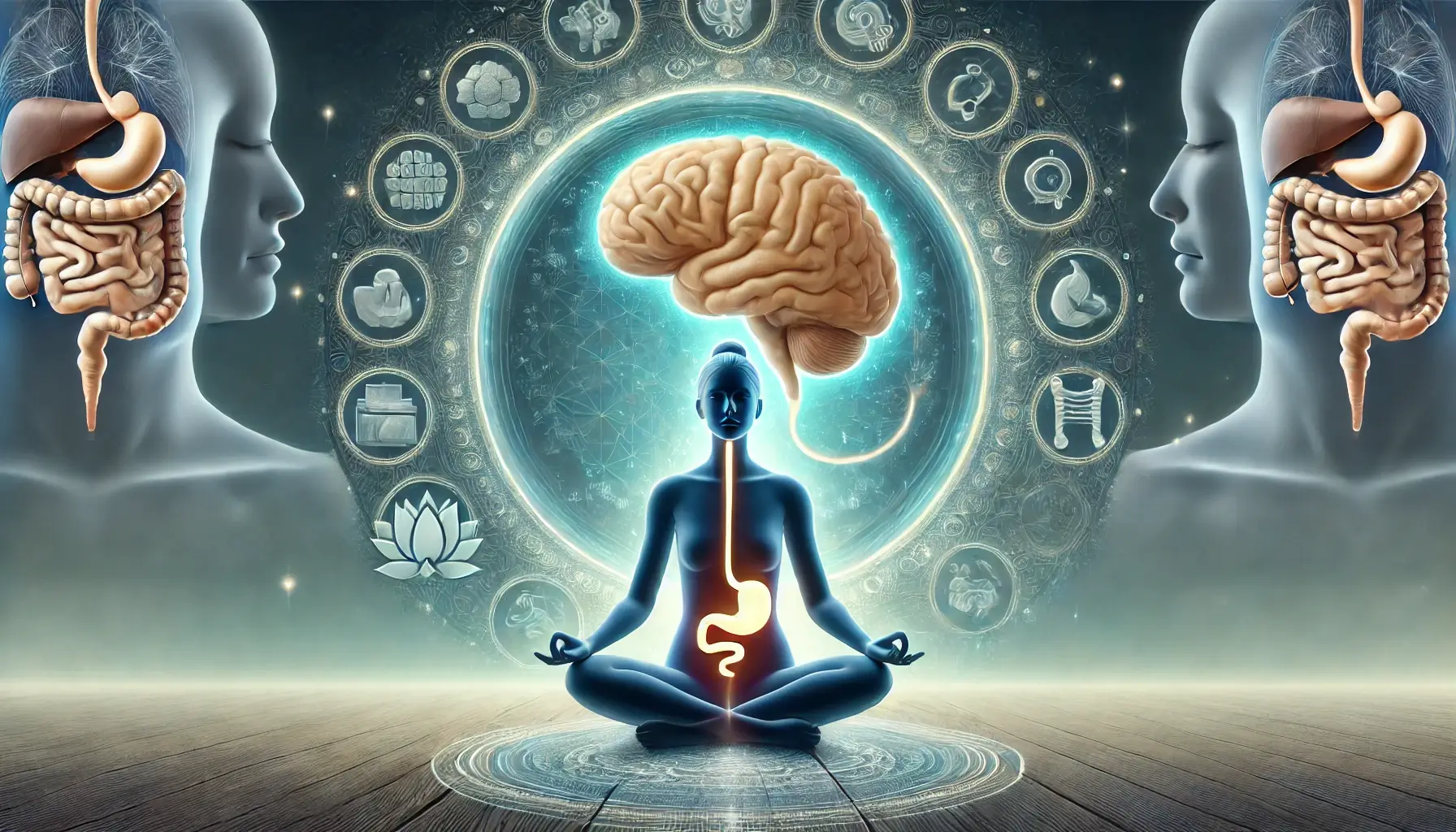Understanding the Digestive System and Stress Impact
The digestive system is a marvel of biological efficiency, breaking down food into nutrients and expelling waste. Yet, this delicate process is not immune to external pressures. Stress, often an unseen culprit, can significantly disrupt digestion, leading to uncomfortable symptoms like bloating, cramps, indigestion, and diarrhea. This connection between stress and digestion is rooted in the gut-brain axis communication system where mental and emotional states influence gastrointestinal health and vice versa.
The Effects of Chronic Stress on Digestion
When stress becomes chronic, the body’s fight-or-flight response is perpetually activated, diverting resources away from digestion and flooding the system with stress hormones like cortisol. This imbalance can disturb gut motility, promote inflammation, and even alter the gut microbiota. These changes compromise the body’s ability to process food effectively, creating a vicious cycle of stress and digestive discomfort.
Introduction to Meditation’s Role in Digestive Health
Meditation, an ancient practice with growing scientific backing, offers a natural and holistic approach to breaking this cycle. By reducing stress and restoring balance to the autonomic nervous system, meditation activates the parasympathetic nervous system—the “rest and digest” mode essential for optimal gut health. This article explores the evidence behind meditation’s efficacy in supporting digestive wellness and provides practical techniques to integrate this practice into daily life.
Scientific Evidence Supporting Meditation for Digestive Health
The therapeutic potential of meditation for digestive disorders is increasingly recognized within the medical community. Recent studies provide compelling evidence:
Mindfulness-Based Stress Reduction (MBSR) and IBS: A study published in Gut (2020) explored the effects of MBSR on patients with Irritable Bowel Syndrome (IBS). Participants who underwent an eight-week MBSR program reported significant improvements in symptoms, including reduced abdominal pain, bloating, and stool urgency, compared to a control group. This research highlights meditation’s ability to modulate the gut-brain axis and reduce stress-related gastrointestinal symptoms.
Meditation for Functional Dyspepsia: Research published in the World Journal of Gastroenterology (2018) demonstrated that meditation could alleviate symptoms of functional dyspepsia, a condition characterized by chronic indigestion. Participants who engaged in regular meditation experienced fewer episodes of discomfort, supporting its role as a complementary therapy alongside conventional treatments.
Gut Microbiota and Stress: Emerging research indicates that meditation may indirectly influence gut health by modulating the gut microbiota. Chronic stress is known to disrupt microbial balance, contributing to digestive issues. Meditation, by reducing stress hormones, fosters an environment conducive to healthy gut bacteria.
Practical Meditation Techniques for Digestive Health
Meditation can be adapted to suit individual preferences and schedules. The following techniques are particularly effective for promoting digestive well-being:
Mindful Breathing: Sit comfortably and focus on your breath. Inhale deeply through your nose, allowing your abdomen to rise, and exhale slowly through your mouth. This technique calms the nervous system, signaling the body to relax and facilitating digestion.
Body Scan Meditation: Lie down or sit comfortably. Gradually bring your awareness to each part of your body, starting with your toes and working up to your head. Pay special attention to areas of tension in your abdomen and consciously relax them. This practice promotes a heightened awareness of physical sensations and helps release stress stored in the body.
Guided Meditation: Audio-guided practices available through apps or online platforms can be particularly beneficial for beginners. Many focus specifically on relaxation and digestive health, making them a great starting point.
Mantra Meditation: Repeat a calming phrase or word, such as “peace” or “calm,” silently or aloud. This practice anchors your mind and reduces racing thoughts, fostering a sense of tranquility that supports digestive harmony.
The Power of Consistency in Meditation Practice
Consistency is key when it comes to meditation. Even dedicating five to ten minutes daily can yield noticeable benefits over time.
Concluding Thoughts on Meditation and Digestive Health
Meditation serves as a bridge between mental and physical health, offering a non-invasive and drug-free approach to managing stress-related digestive issues. By engaging the parasympathetic nervous system, improving gut-brain communication, and fostering mindfulness, meditation can transform how we approach gut health.
Whether you are dealing with chronic digestive disorders like IBS or seeking to optimize your overall well-being, incorporating meditation into your routine can make a meaningful difference. As research continues to unfold, meditation’s role in holistic digestive care becomes increasingly clear. With patience and dedication, this ancient practice can become a cornerstone of your journey toward digestive harmony.
References
Braden, G., Holt, C., Jones, G., & Challacombe, J. (2020). Mindfulness-based stress reduction for irritable bowel syndrome: A systematic review and meta-analysis. Gut, 69(4), 6.
Chong, E. S., Chan, T. S., & Wong, M. Y. (2018). Meditation in functional dyspepsia: A review of the evidence. World Journal of Gastroenterology, 24(12), 1339–1350.
Cryan, J. F., O’Riordan, K. J., Cowan, C. S. M., et al. (2019). The gut microbiota and stress-related disorders: Focusing on the gut-brain axis in stress-related disorders. Frontiers in Microbiology, 10, 3103.
